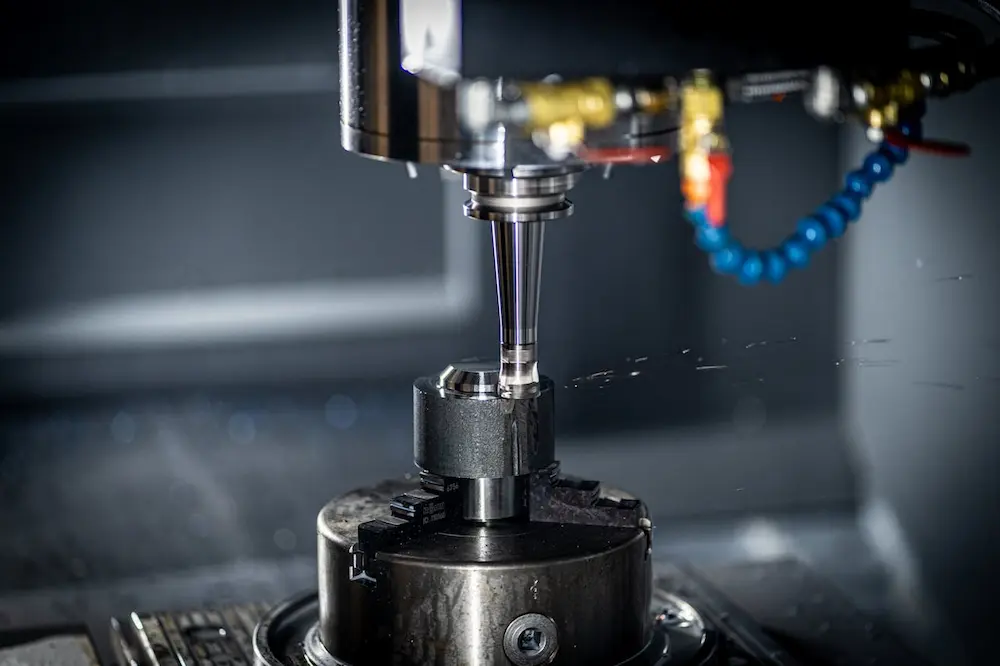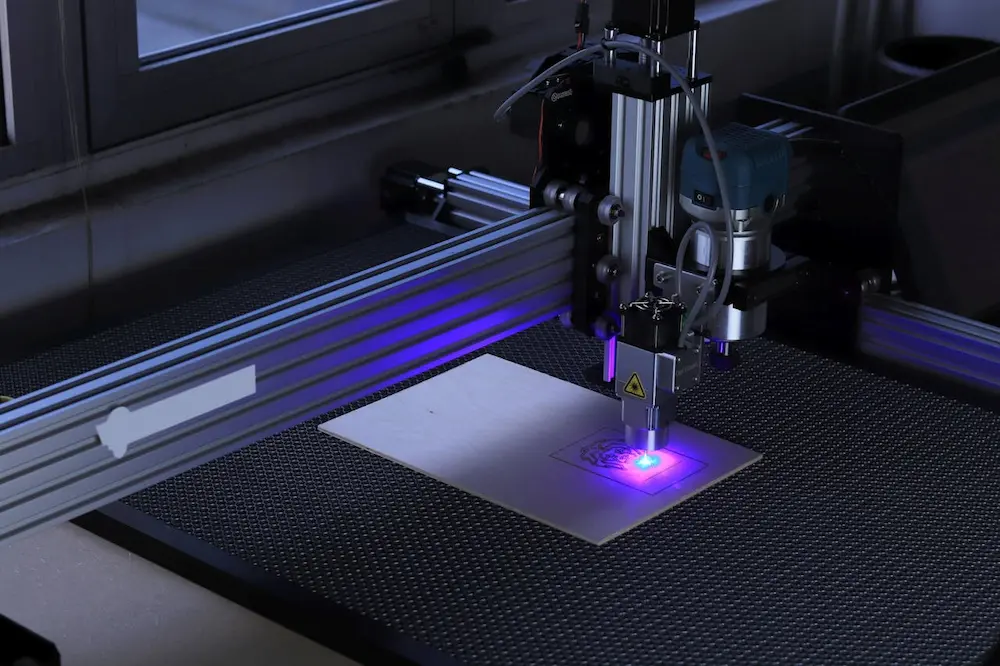In a fast-paced world where technology evolves by the nanosecond, precision equipment is not just a luxury but a strategic necessity for modern businesses. Whether it’s a boutique manufacturer aiming to deliver customized excellence or a large industrial plant streamlining complex operations, the march toward precision is relentless. This article dives deep into how precision equipment solutions are reshaping the landscape for manufacturers, small business owners, and operations managers, contriving not just efficiency but excellence.
Enhanced Motion Control
Picture a robotic arm delicately assembling microchips without a millimeter of error, or a conveyor system in a warehouse that maintains a consistent, efficient flow of products with relentless accuracy and speed. These are quintessential examples of how precision equipment revolutionizes motion control. Today’s sophisticated systems are designed to offer granular control over a wide range of movements, down to the tiniest degree. By integrating systems that operate with near-perfect precision, businesses can not only enhance the speed of their processes but also minimize waste and reduce the risks associated with human error. Of course, to find out more, you should visit the manufacturer’s website or learn more from experts in that area. For manufacturers, this can mean faster production cycles and the ability to handle complex assembly tasks with ease. For small business owners, it can mean streamlining inventory management and ensuring prompt order fulfillment, thereby improving customer satisfaction. Operations managers, on the other hand, can find solace in the peace of an error-free handling of sensitive materials and the streamlined scheduling of logistical operations.
Improved Productivity
Consider a CNC (Computer Numerical Control) machine crafting intricate metal components or a food packaging line slicing and sealing with micron-level precision. The common thread is a technology-driven rhythm that surpasses human capabilities, ensuring that productivity scales with unfaltering quality. Enhancing productivity through precision is not just about speeding up processes; rather, it’s about ensuring that every unit of work is aligned with the customer’s highest standard. This requires a significant investment in the right equipment, coupled with extensive training for the workforce to integrate this technology seamlessly. Synchronized systems that minimize downtime and predict maintenance needs play a pivotal role in the realm of precision equipment. Smart factories, for example, utilize data analytics and machine-learning algorithms to preemptively detect issues and maintain the continuity of operations, elevating productivity to levels previously deemed unattainable.
Increased Efficiency
The difference between productivity and efficiency lies in the realm of resource utilization. While productivity measures the amount of output generated, efficiency weighs that output in the context of the resources—time, money, labor, and materials—poured in to achieve it. Precision equipment excels in maximizing efficiency by conserving resources through their optimal deployment. For instance, a precise cutting laser erases the scrap material that plagues traditional processes, while energy-efficient conveyor belts designed to reduce friction contribute to a planet-friendly and cost-effective operation. Efficiency also extends to human labor, with precision equipment taking over monotonous or dangerous tasks, freeing the workforce to focus on roles that require creativity and critical thinking. This not only optimizes the allocation of human resources but increases overall workplace safety as well.
Better Quality Control
Precision equipment strides into this domain as an enforcer of uncompromising quality. Vision systems with hyper-acute inspection capabilities, automated data analytics that detect and discard substandard pieces, and even AI systems that adjust variables on the fly to maintain uniformity collectively embody this revolution. The implications for large manufacturers are monumental, with the potential to reduce recalls, increase customer trust, and even open new markets by meeting stringent regulatory standards. For boutique producers, precision quality control represents a ticket to establishing a brand synonymous with perfection. The facets of precision quality control are manifold. These systems scrutinize every detail, verify specifications, and ensure that products meet the highest standards.

Customization Capabilities
Advancements in machine vision, coupled with sophisticated software, allow for real-time adjustments that cater to unique customer requirements without impinging on the production line’s flow. This means that a product can be dynamically customized as it moves through a facility, incorporating design changes and unique features. For small businesses, this is a game-changer, offering the allure of mass production capability without the corresponding high volume. Niche markets and personalized products can now be served effectively, offering a competitive edge that was once the prerogative of larger enterprises. The adaptability and agility that precision equipment affords can turn the tide for businesses looking to make a mark in an overcrowded market. The burgeoning on-demand culture is the natural habitat for these systems, where customers expect products tailored to their tastes and needs.
Precision equipment solutions are more than just gear and gadgets—they are the architects of a new dawn for businesses. They redefine our understanding of efficiency, empower the pursuit of excellence, and herald a future where even the most intricate tasks are carried out with robotic grace. While the upfront costs and the complexities of integrating such solutions might intimidate some, the long-term advantages are undeniable. From the boardroom to the shop floor, the conversation is no longer about why we need precision equipment, but about how soon we can get it and how comprehensively we can deploy it. For modern businesses, the choice is clear: harness the power of precision equipment now, or risk being outpaced by those who have already embraced this transformative technology. It’s not just a corporate investment—it’s a commitment to a brighter, more efficient future for us all.








